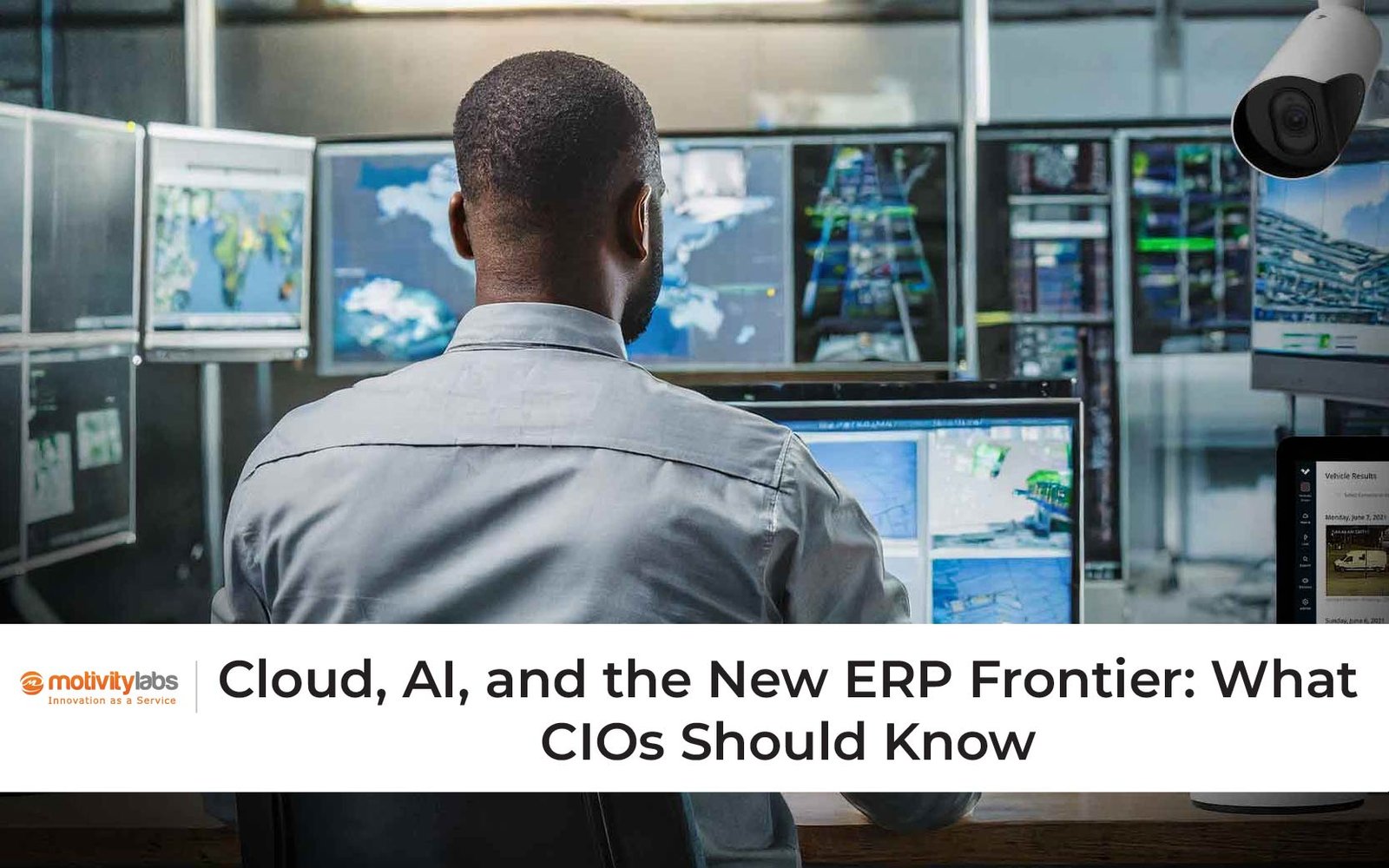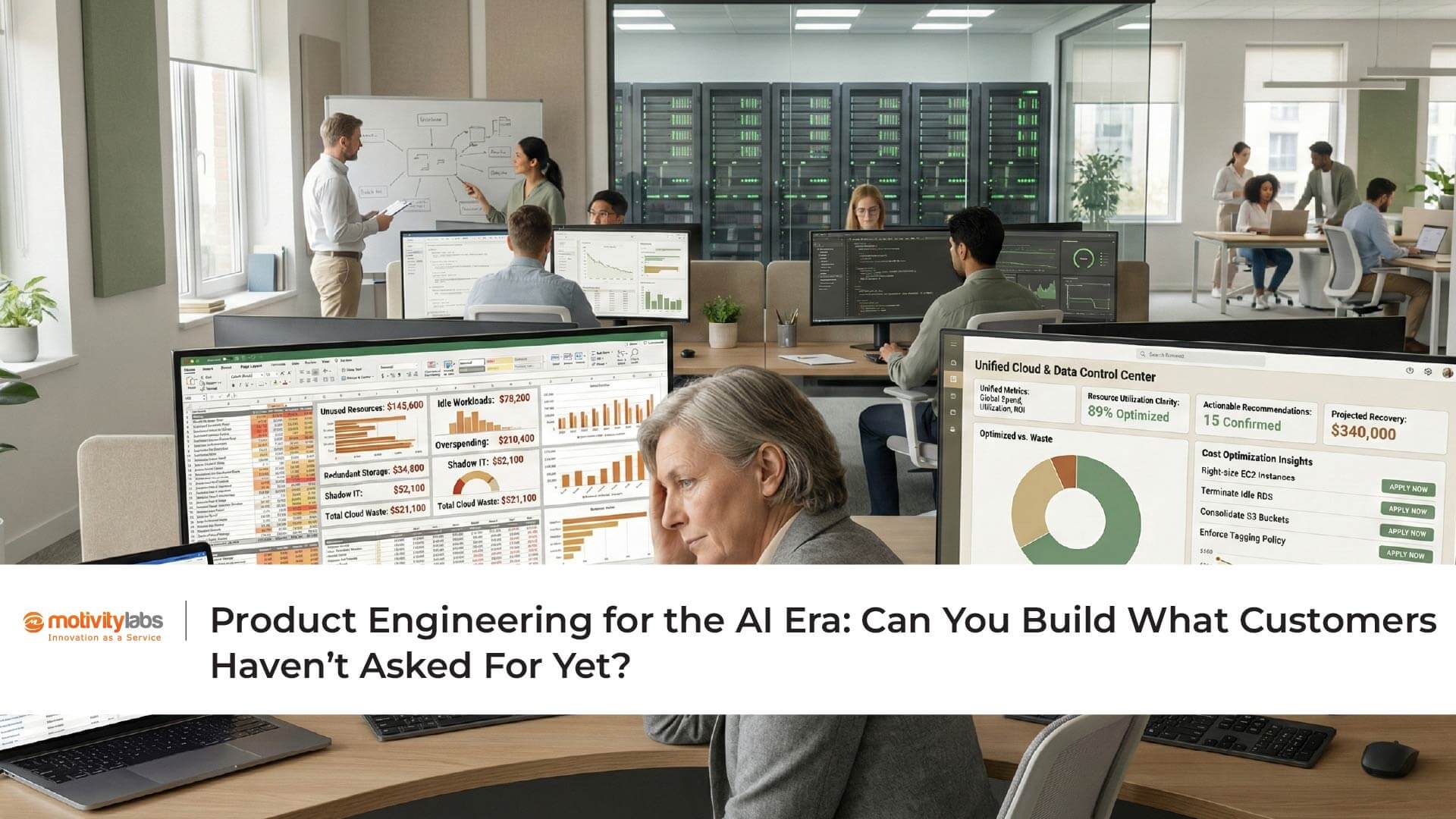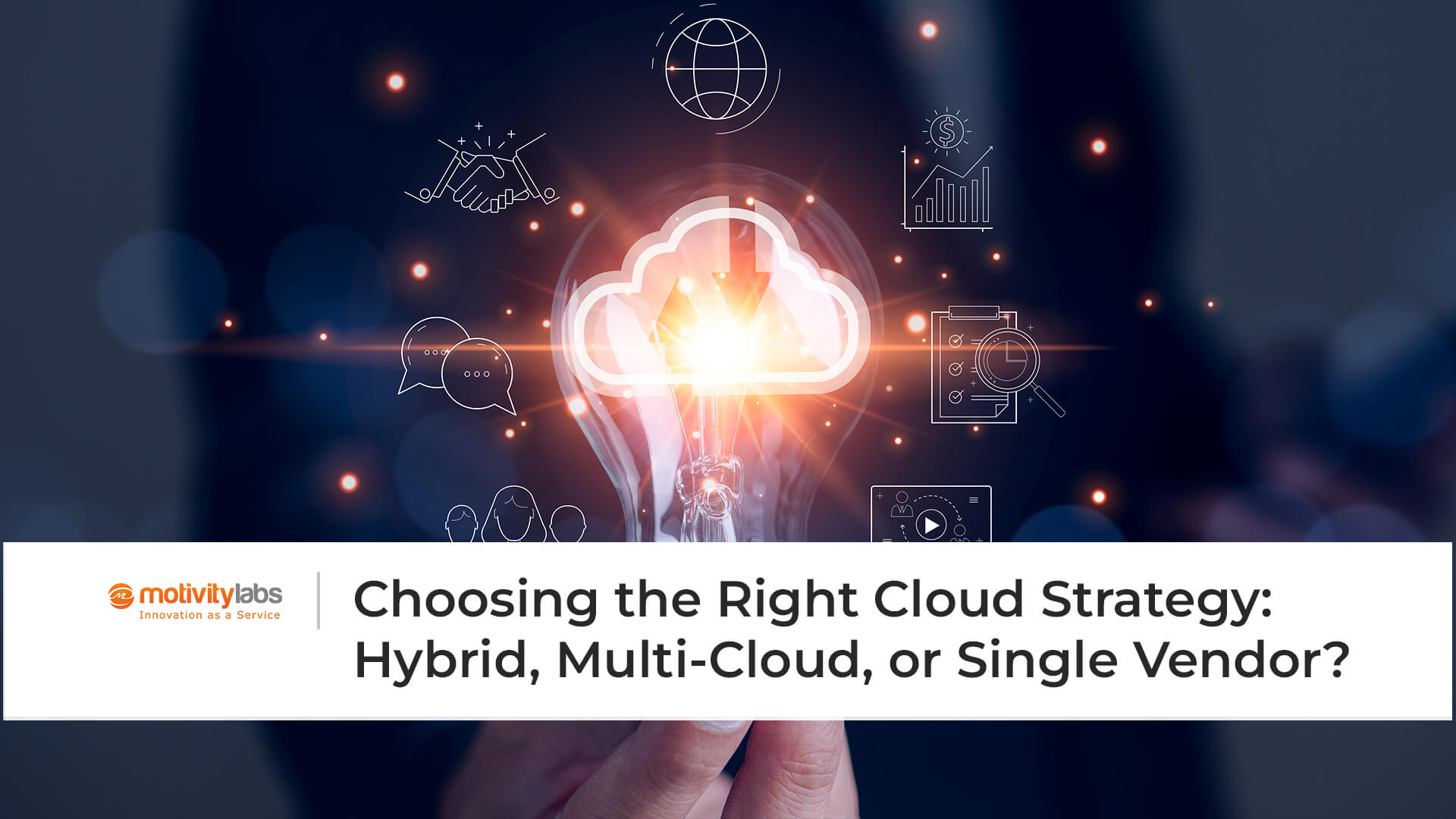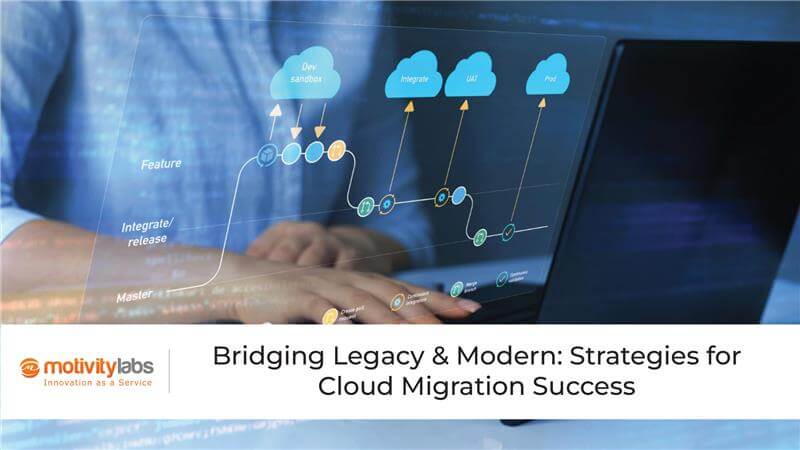Enterprise Resource Planning (ERP) is experiencing a significant transformation in today’s rapidly evolving enterprise technology landscape. ERP was once seen as a stable but rigid system for managing core business processes. It has moved into a new frontier, powered by the combined impact of cloud computing and artificial intelligence (AI). For today’s CIOs, this is more than a technology upgrade. It is a strategic opportunity to reshape operations, enable data-driven decision-making, and unlock new business value.
Let’s explore how cloud and AI are transforming ERP, what this means for CIOs, and how organizations can adapt to thrive in this modern digital environment.
The Evolution of ERP: From Static to Strategic
Historically, ERP systems were implemented on-premises, required significant upfront investments, and demanded extensive customization to fit specific business needs. While these systems provided structure and centralized data, they also presented several challenges. These included limited scalability, high maintenance costs, and lengthy upgrade cycles.
Today, modern ERP is no longer just a back-office system. It is evolving into a dynamic platform that integrates with emerging technologies and enables real-time connectivity across departments. This transformation supports continuous innovation throughout the organization. It is primarily driven by two powerful forces: cloud computing and AI.
Cloud ERP: Flexibility, Scale, and Real-Time Access
Cloud computing has revolutionized how businesses deploy and manage ERP systems. Cloud-based ERP solutions eliminate the need for costly infrastructure, enable automatic updates, and offer flexible subscription-based pricing models. More importantly, they allow organizations to scale their operations quickly and access real-time data from anywhere.
According to Gartner, global public cloud end-user spending was projected to reach nearly $600 billion in 2023, highlighting the accelerating adoption of cloud solutions across industries. For CIOs, the shift to cloud ERP means more than cost optimization. It enhances agility in responding to market changes and promotes collaboration across global teams. Additionally, it simplifies integration with other enterprise applications such as CRM, supply chain, and HR systems.
Cloud ERP also accelerates digital transformation. By decoupling from legacy hardware, businesses can modernize more quickly and deploy new features incrementally. This also allows them to experiment with innovative business models, which traditional on-premise systems often struggle to support.
AI in ERP: Making Systems Intelligent, Not Just Faster
Artificial intelligence brings intelligence and automation into ERP systems, transforming how decisions are made and how processes are executed. Traditional ERP systems primarily focus on recording transactions. In contrast, AI-powered ERP platforms learn from historical data, predict outcomes, and provide actionable insights.
Here is how AI is enhancing ERP across functions:
- Predictive Analytics: Anticipating demand fluctuations, cash flow trends, or inventory shortages before they occur.
- Intelligent Automation: Streamlining routine processes such as invoice matching, expense approvals, and order processing.
- Natural Language Processing: Enabling conversational interfaces that simplify user interaction with ERP systems.
- Anomaly Detection: Identifying unusual patterns in financial transactions or supply chain activities to prevent fraud or disruptions.
This intelligence layer enables ERP to move beyond its traditional role as a system of record. It transforms into a system of insight, empowering leaders to make proactive, data-driven decisions.
The Changing Role of the CIO
The modern CIO is no longer just the head of IT operations. They are now strategic leaders tasked with driving innovation, ensuring security and compliance, and aligning technology investments with business goals.
In the context of ERP transformation, CIOs play a pivotal role in:
- Evaluating Cloud ERP Vendors: Assessing scalability, integration capabilities, user experience, and support services.
- Aligning ERP with Business Objectives: Ensuring the ERP system enables growth, efficiency, and competitive advantage.
- Driving Cultural Change: Encouraging adoption of new tools and processes across departments.
- Ensuring Data Governance: Maintaining accuracy, compliance, and responsible use of organizational data.
Successful ERP modernization hinges on strong leadership. Leaders must understand both the technical and business implications of transformation.
Challenges to Consider
While the benefits of cloud and AI-driven ERP are significant, the journey is challenging. Modernization impacts every layer of the organization, from workflows to culture. A clear strategy and stakeholder alignment are critical. CIOs must prepare for:
- Data Migration Complexity: Moving data from legacy systems to the cloud can be resource-intensive and requires careful planning.
- Integration with Legacy Systems: Ensuring seamless interoperability with existing applications is essential for continuity.
- User Adoption: Training and change management are critical to realizing the full potential of new ERP capabilities.
- Cybersecurity and Compliance: As systems become more interconnected, protecting sensitive data becomes even more crucial.
By acknowledging these challenges early, organizations can minimize disruption. A well-planned, phased implementation strategy helps maximize return on investment.
Industry Applications: The Power of the New ERP
The real-world impact of cloud and AI-enhanced ERP is evident across industries. Modern ERP systems are reshaping business operations by streamlining processes and enabling real-time decision-making. These innovations are more than just upgrades; they are strategic growth enablers.
- Retail: Dynamic inventory tracking, demand forecasting, and personalized customer engagement.
- Manufacturing: Intelligent production planning, predictive maintenance, and optimized supply chains.
- Healthcare: Streamlined patient records, efficient resource allocation, and compliance tracking.
- Finance: Real-time reporting, fraud detection, and automated reconciliation.
- Logistics: Route optimization, warehouse automation, and performance monitoring.
In each of these sectors, ERP is not just supporting operations. It is actively driving strategic value.
What CIOs Should Do Next
The future of ERP is already unfolding. CIOs who act now can place their organizations at the forefront of digital transformation. Here’s how to get started:
- Assess Your Current ERP Landscape: Identify limitations, integration gaps, and pain points in your current system.
- Build a Business Case: Focus on how modern ERP will improve outcomes like cost efficiency, agility, and customer satisfaction.
- Choose the Right Technology Partner: Work with experts who understand cloud platforms, AI integration, and industry-specific requirements.
- Plan for the Long Term: Approach ERP transformation as a journey, not a one-time project. Embrace continuous improvement and innovation.
- Invest in People: Provide training, promote cross-functional collaboration, and cultivate a digital-first mindset across the organization.
Unlocking the Future with Motivity Labs
ERP systems are at the heart of enterprise performance, and today’s innovations in cloud and AI are unlocking their full potential. For CIOs, embracing this new ERP frontier is not just about keeping up. It is about leading the way.
Motivity Labs supports enterprises in confidently navigating complex ERP transformations. The company has deep expertise in cloud-native development, AI integration, and enterprise solutions. This ensures that ERP implementations align with business strategy and are built for long-term success. Whether modernizing legacy systems or building from the ground up, Motivity Labs provides the technical depth and strategic guidance needed to future-proof operations.
The next era of ERP is here. Are you ready to lead it?



